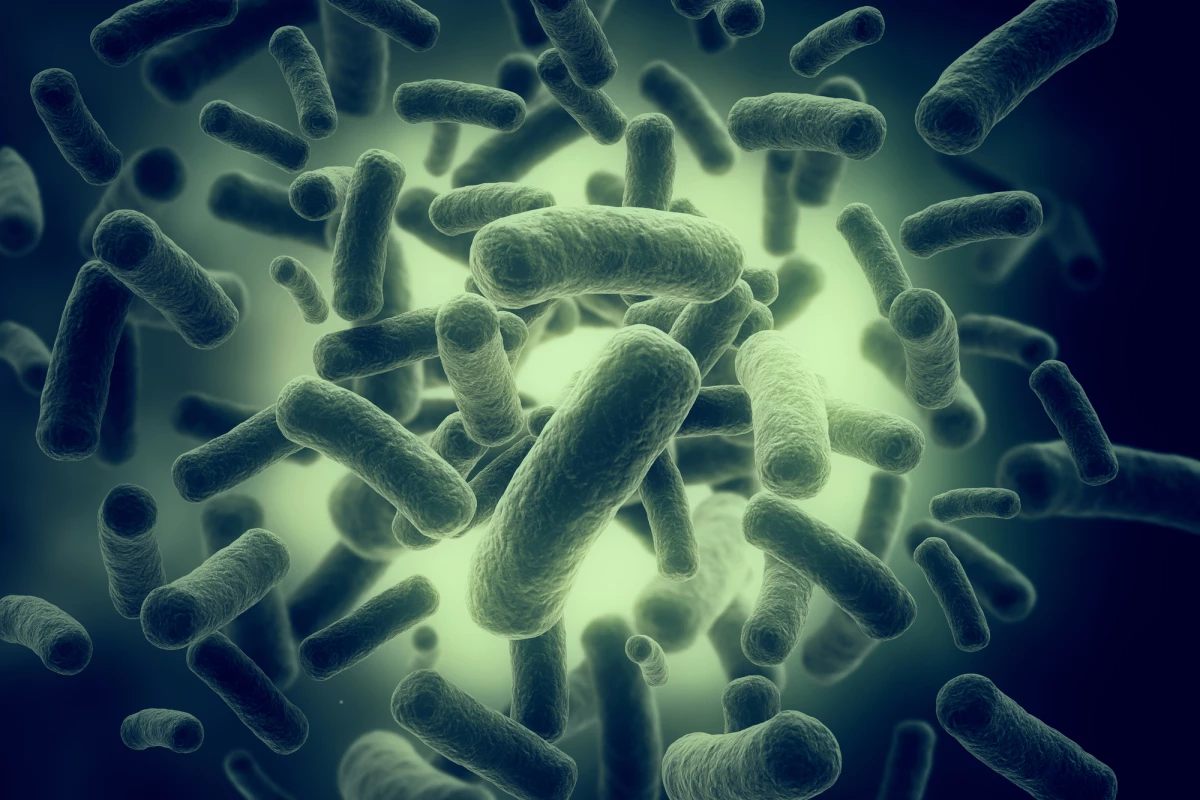Bacteria are fast developing resistance to our best drugs, leaving us poised on the edge of a major health crisis. But a new antibiotic has shown promise against several key “superbugs,” while minimizing damage against good bacteria in the body.
Bacteria are a textbook example of evolution in action. When they face environmental hazards – such as antibiotics – only the strongest survive to replicate, meaning that eventually the entire population has the ability to resist drugs. A class known as gram-negative bacteria are particularly problematic, defending themselves with thicker cell walls and molecular pumps that reject drugs.
Development progress on new antibiotics and other treatments has slowed right down. As such, we’re rapidly running out of effective antibiotics, which threatens to return us to a “dark age of medicine” where once-minor infections become lethal again.
Scientists on the new study have now developed a novel antibiotic candidate that shows promise. The team started with an existing antibiotic that’s effective against gram-positive bacteria, and adapted it with a series of structural modifications to try to make it stronger against gram-negative strains.
One of the modified compounds in particular stood out. Named fabimycin, the drug candidate worked well against more than 200 clinically isolated colonies of antibiotic-resistant bacteria, comprising a total of 54 strains of bugs like E. coli, Klebsiella pneumoniae and Acinetobacter baumannii. In tests in mice, fabimycin was found to clear up drug-resistant cases of pneumonia or urinary tract infections, reducing the bacteria levels even lower than they were pre-infection.
Importantly, fabimycin was relatively selective in its attack, leaving some types of harmless bacteria intact. That’s an improvement over many existing antibiotics that are known to indiscriminately wipe out many beneficial bugs in the microbiome, leading to a range of adverse side effects.
Further development could eventually add fabimycin or similar molecules to our arsenal against superbugs, particularly those hard-to-treat infections.
The research was published in the journal ACS Central Science.
Source: American Chemical Society




